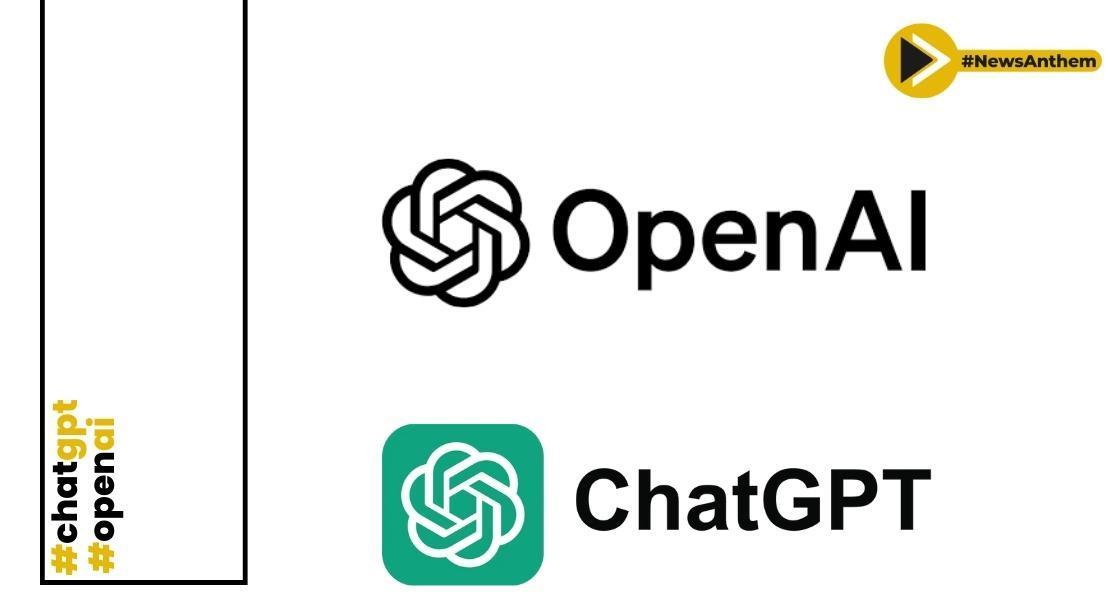Geoffrey Hinton Admits Surprising Trust in ChatGPT Despite Longstanding AI Warnings

News Synopsis
Geoffrey Hinton, often hailed as the godfather of AI, is back in the headlines—this time not for issuing a warning, but for making an unexpected admission. In a recent CBS interview, Hinton revealed that he regularly uses OpenAI's GPT-4 model in his day-to-day work and admitted, "I tend to believe what it says, even though I should probably be suspicious."
This confession comes from someone who has consistently warned the world about the potential risks of artificial intelligence. Despite these concerns, Hinton admitted that when asked what tool he uses most, the answer was clear: ChatGPT.
Geoffrey Hinton’s GPT-4 Test and Its Surprising Error
During the interview, Hinton presented GPT-4 with a classic logic riddle:
“Sally has three brothers. Each of her brothers has two sisters. How many sisters does Sally have?”
The correct answer is one, as Sally is one of the two sisters. However, GPT-4 failed the test. Hinton remarked, “It surprises me. It surprises me it still screws up on that.”
Still, when asked if he believes the upcoming version, GPT-5, would get the answer right, he replied, “Yeah, I suspect.”
The Rise of GPT-4 and Its Discontinuation
Since its release in March 2023, GPT-4 has found widespread use across industries for tasks such as coding, summarizing documents, and solving complex problems. However, OpenAI has officially discontinued GPT-4 as a standalone model in May 2025. The company has since transitioned to its newer models — GPT-4o and GPT-4.1 — which bring enhanced performance, real-time audio/visual capabilities, and faster response times, all at lower costs.
Trust Comes with Caution
Even with his reliance on AI, Hinton continues to advocate for vigilance. Over the years, he has repeatedly cautioned that AI could be used to manipulate public opinion, spread misinformation, or even pose existential threats if machines surpass human intelligence.
In 2023, Hinton resigned from his decade-long role at Google’s AI division to speak more freely about these growing concerns. He believes that as AI systems begin to understand the world better than humans, they could become dangerously persuasive.
A Legacy of Innovation and Mentorship
Amid all his cautionary advice, Hinton also shows a more personal and reflective side. After receiving the 2024 Nobel Prize in Physics for his foundational work on neural networks, he expressed pride in his students, particularly Ilya Sutskever, co-founder of OpenAI.
With characteristic wit, Hinton joked, “I'm particularly proud of the fact that one of my students fired Sam Altman,” alluding to the high-stakes leadership shakeup at OpenAI in 2023.
Comparing AI’s Rise to the Industrial Revolution
Despite his day-to-day use of AI, Hinton remains firm in his stance on regulation and responsible development. Drawing parallels between AI and the Industrial Revolution, he emphasized that this wave is intellectual, not physical.
“We have no experience in having things which are smarter than us,” he warned.
While he acknowledges the transformative potential of AI in fields such as healthcare and climate science, Hinton stresses that its benefits can only be realized with strong ethical governance frameworks.
Conclusion
Geoffrey Hinton’s candid admission that he trusts ChatGPT more than he should highlights the paradox of modern artificial intelligence: even its most cautious critics are drawn to its utility. As one of the foundational figures in AI development, Hinton’s warnings about the risks of superintelligent systems have shaped global conversations around safety and regulation.
Yet, his regular use of GPT-4 for everyday tasks reveals how deeply integrated such tools have become in our lives. His disappointment in GPT-4’s riddle error shows that the technology still has limitations, but his expectation that GPT-5 might get it right reflects ongoing optimism about its progress.
Hinton’s journey—from AI pioneer to whistleblower, and now to daily user—serves as a powerful reminder of the need to balance innovation with responsibility. As AI evolves rapidly, his voice urges developers, policymakers, and users alike to remain vigilant, ensuring these powerful tools benefit humanity without losing control over them.
You May Like









